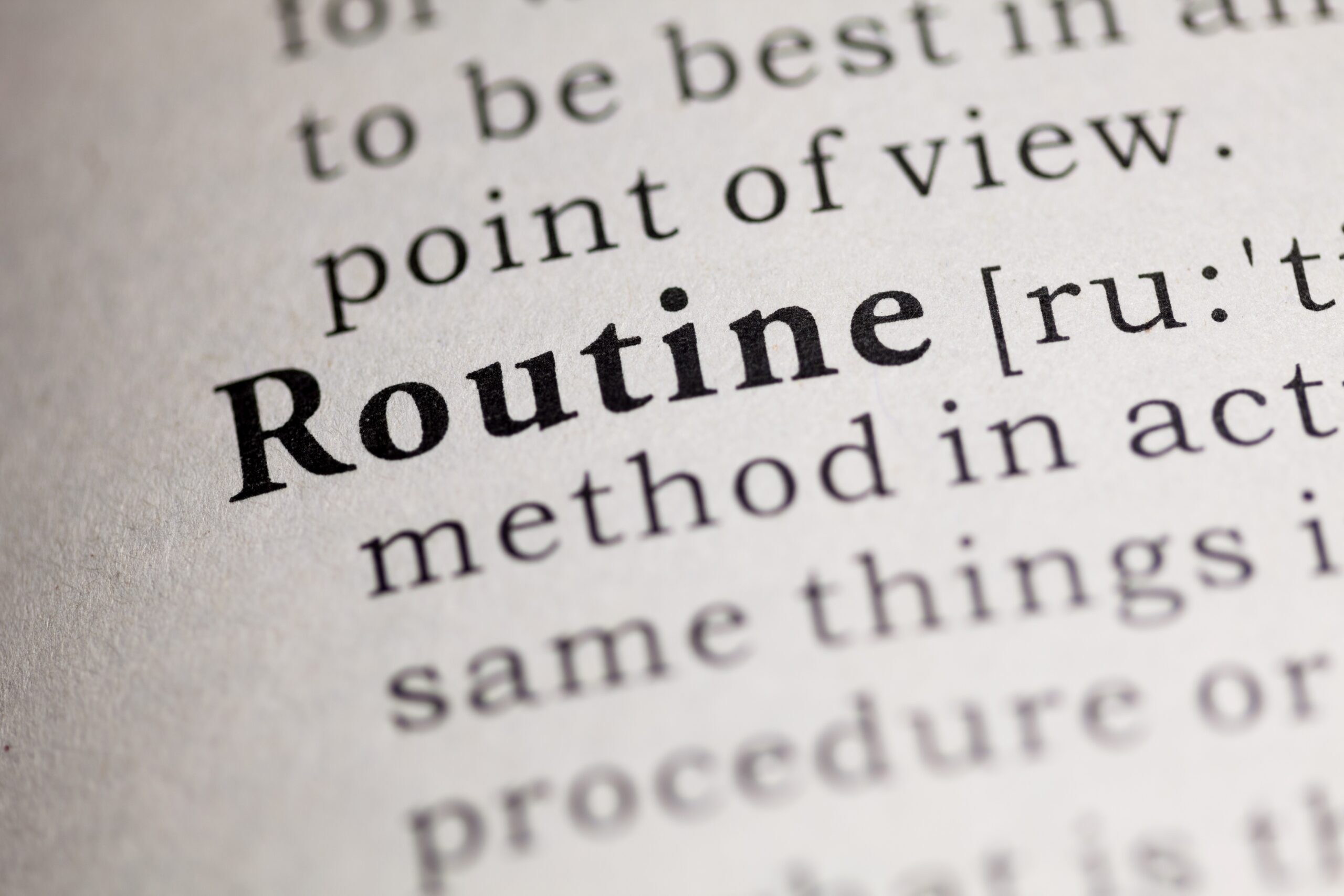
Establishing healthy routines and habits early in life is key to helping children feel secure and thrive. Routines provide structure, teach responsibility, and help children understand what is expected of them. Whether it’s a morning routine, study time, or bedtime ritual, here’s how to create routines supporting your child’s growth and well-being.
1. Consistency is Key
Children thrive on consistency. A predictable routine helps them feel safe and know what to expect throughout the day.
- Set Regular Bedtimes and Wake Times: Consistent sleep schedules help regulate your child’s internal clock and improve sleep quality. Aim for the same bedtime and wake-up time each day, even on weekends.
- Create a Morning Routine: A straightforward morning routine sets a positive tone for the day. Encourage your child to get dressed, eat breakfast, and pack their bag.
2. Break Tasks into Steps
When helping your child complete tasks, break them down into manageable steps.
- Chore Charts: Create a visual chore chart to help your child understand what needs to be done. It can help them develop responsibility and a sense of accomplishment as they complete each task.
- Step-by-Step Directions: Give your child clear, simple instructions for activities like getting ready for school or cleaning up. This reduces confusion and makes tasks feel more achievable.
3. Create a Positive Environment for Study Time
A good study routine can set your child up for academic success. Create a designated, quiet space for your child to focus on homework and studying.
- Limit Distractions: Make sure the study space is free of distractions like TV or excessive noise.
- Establish Regular Study Times: Set aside a specific time for studying or reading daily. Consistent study habits help your child stay on top of their academic responsibilities.
4. Encourage Healthy Habits
Healthy habits form the foundation for your child’s long-term well-being.
- Eating Habits: Encourage a consistent mealtime routine and offer a variety of nutritious foods.
- Physical Activity: Incorporate regular physical activity into your child’s daily routine. It could be a morning stretch, outdoor play, or family exercise.
- Hygiene Habits: Help your child develop healthy hygiene habits by setting regular times for brushing their teeth, washing their hands, and taking baths.
5. Make Routines Fun
While routines provide structure, they don’t have to be rigid. Find ways to make routines enjoyable for your child.
- Turn Chores into Games: Challenge your child to clean up the quickest or make a song out of getting ready for bed.
- Reward System: Use positive reinforcement, such as stickers or extra playtime, to reward your child for following routines.




